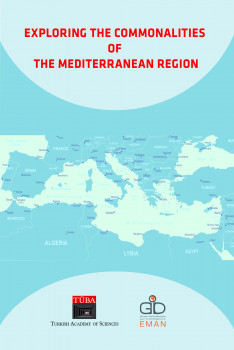East Encounters West: Western Merchants, Capitulations and Islamic Law in the Ottoman Mediterranean (16th and 17th Centuries)

East Encounters West: Western Merchants, Capitulations and Islamic Law in the Ottoman Mediterranean (16th and 17th Centuries)
An Ottoman manuscript from the Bibliothèque Nationale in Paris gathered between the same covers different types of documents, such as peace and commerce treaties (‘ahdname), legal opinions (fetva), Imperial orders (hüküm), Grand Vizier’s reports (telhis), ambassadors’ petitions (‘arzuhal) etc.
Considering the order of documents, one can speak about the incipient design to structure this work in three sections: diplomatic section, juridical section and administrative section. The capitulatory régime is illustrated by the Imperial Charters, granted by the Ottoman sultans to the Kings of France in 1569, 1581 and 1597. Ottoman manuscripts with copies of peace and commerce treaties granted to Christian sovereigns can be frequently found in archives and libraries. Astonishing to this manuscript - and one can say this is the only manuscript structured in this manner, discovered until now -, is the fact that the section of Imperial charters (‘ahdname-i hümayun) is followed by a special section of legal opinions (fetva). Moreover, the attempts of the Ottoman central authorities to limit the abuses of local officials – less known until now – are proved by various imperial commands (hüküm).
This manuscript is a basic source for researching the commercial and diplomatic relations between Muslims and non-Muslims in the Mediterranean in the late-16th and early-17th centuries. Particularly, the documents included in the manuscript offer information on: procedure of granting and observing the commercial privileges to Christian sovereigns; the maritime caravans and commercial navigation; prohibition to enslave Christian merchants and to confiscate their merchandise; responsibilities of the French ambassador in Istanbul and consuls in the Mediterranean harbours; legal condition of the Western merchants without an apart ambassador to the Ottoman Court; interdiction to create trouble to the commercial traffic by the corsairs of Tunis, Algiers and Tripoli of Libya; mutual setting free of Muslim and French captives etc.
